Pioneering Leadership in Corporate Social Responsibility (CSR) Consulting
SoulAce has its footprint as a pioneer in the sector for over 16 years, covering
2000+ projects.



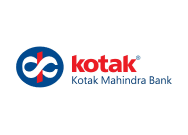
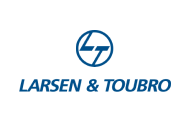











SoulAce has its footprint as a pioneer in the sector for over 16 years, covering
2000+ projects.
















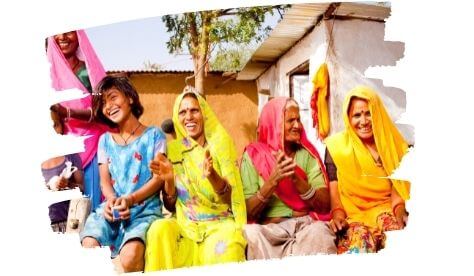
SoulAce is one of the leading research and advisory firm operating in the CSR & Development Sector in the South Asian region, working with Corporates, NGOs, Government and Foundations.
Established in 2009, SoulAce has been setting its footprint as a pioneer in the sector for over 15 years. We are the best CSR consulting firm and specialize in conducting CSR Impact Assessment study and extend advanced CSR technology.
Countries
States/Provinces
Million People reached
Million Development Capital
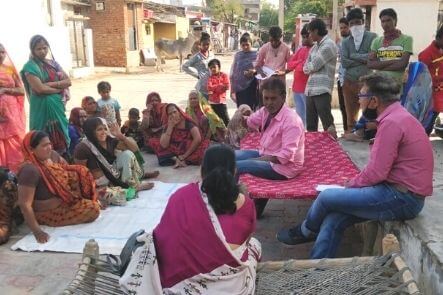
Today, nearly every company strives to solve a problem. It could be a global problem or a more community-level problem. Businesses who address the concerns of customers and other stakeholders are likely to be more successful. In addition to building monetized products and services, a business also has the opportunity and responsibility to help and donate to its community or society at large through the Corporate Social Responsibility (CSR) policy.
Know more
SoulAce conducted a Social Return on Investment (SROI) study of a Girl Child Education Programme in Thoothukudi, Tamil Nadu. This project began i ...
Know more
During the 2017-18 financial year, the total CSR expenditure in the country was Rs.7,536.30 crore. This is a 47% increase from 2014-15, when ...
Know more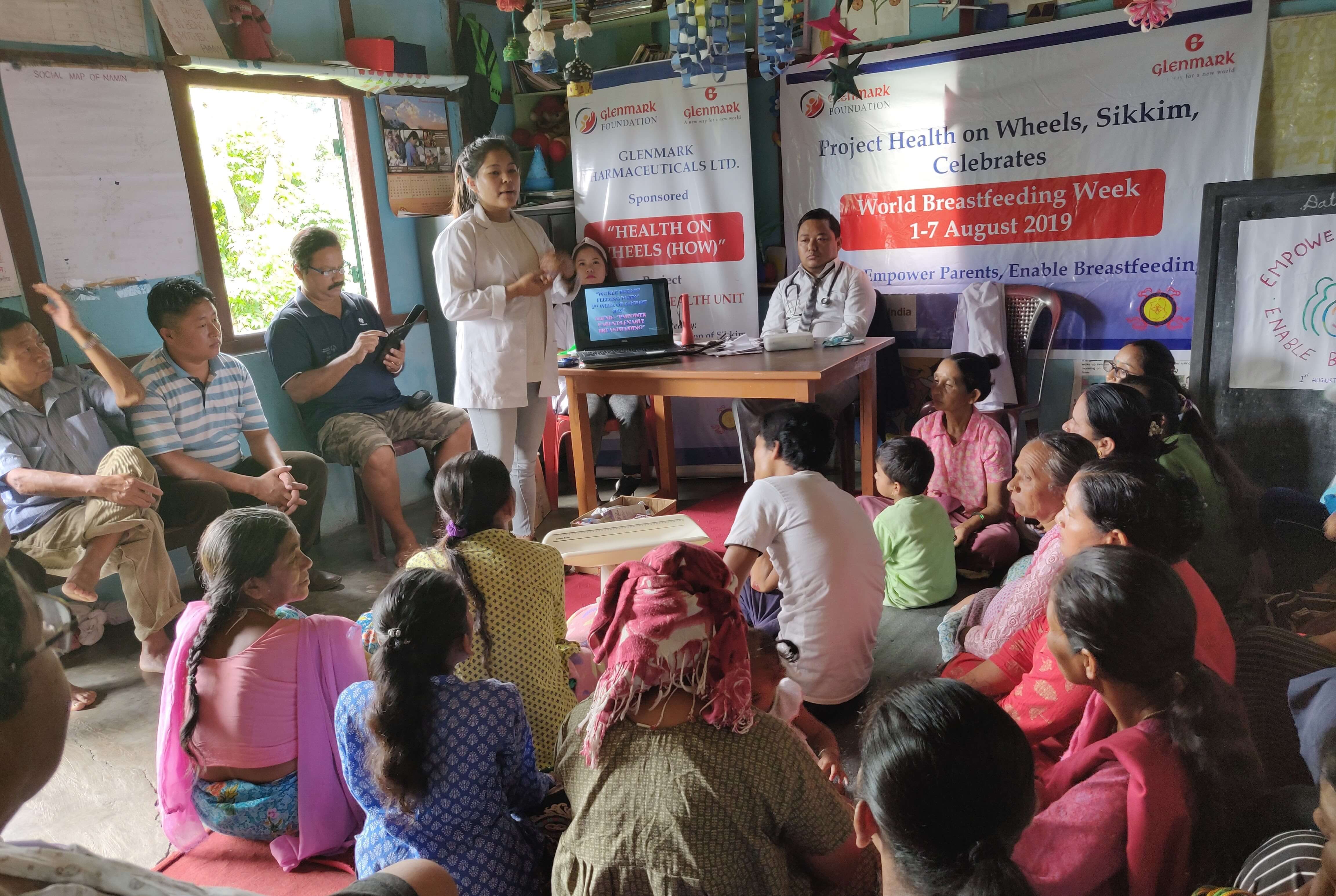
In 2014, India introduced CSR law being the first country in the world to make it mandatory. The corporate sector was initially taken by surprise and many ...
Know moreSoulAce believes in sharing and spreading knowledge through ‘Thought Leadership summits’. Our CSR consulting firm has collaborated with other like-minded partners to organize events on subjects like Corporate Social Responsibility (CSR), Sustainability, Creating Shared Value (CSV) and Social Entrepreneurship. The summits are attended by eminent personalities, corporate representatives (CXOs) and development practitioners to discuss issues that affect stakeholders.
Some of the Thought Leadership Summits organized by SoulAce are:
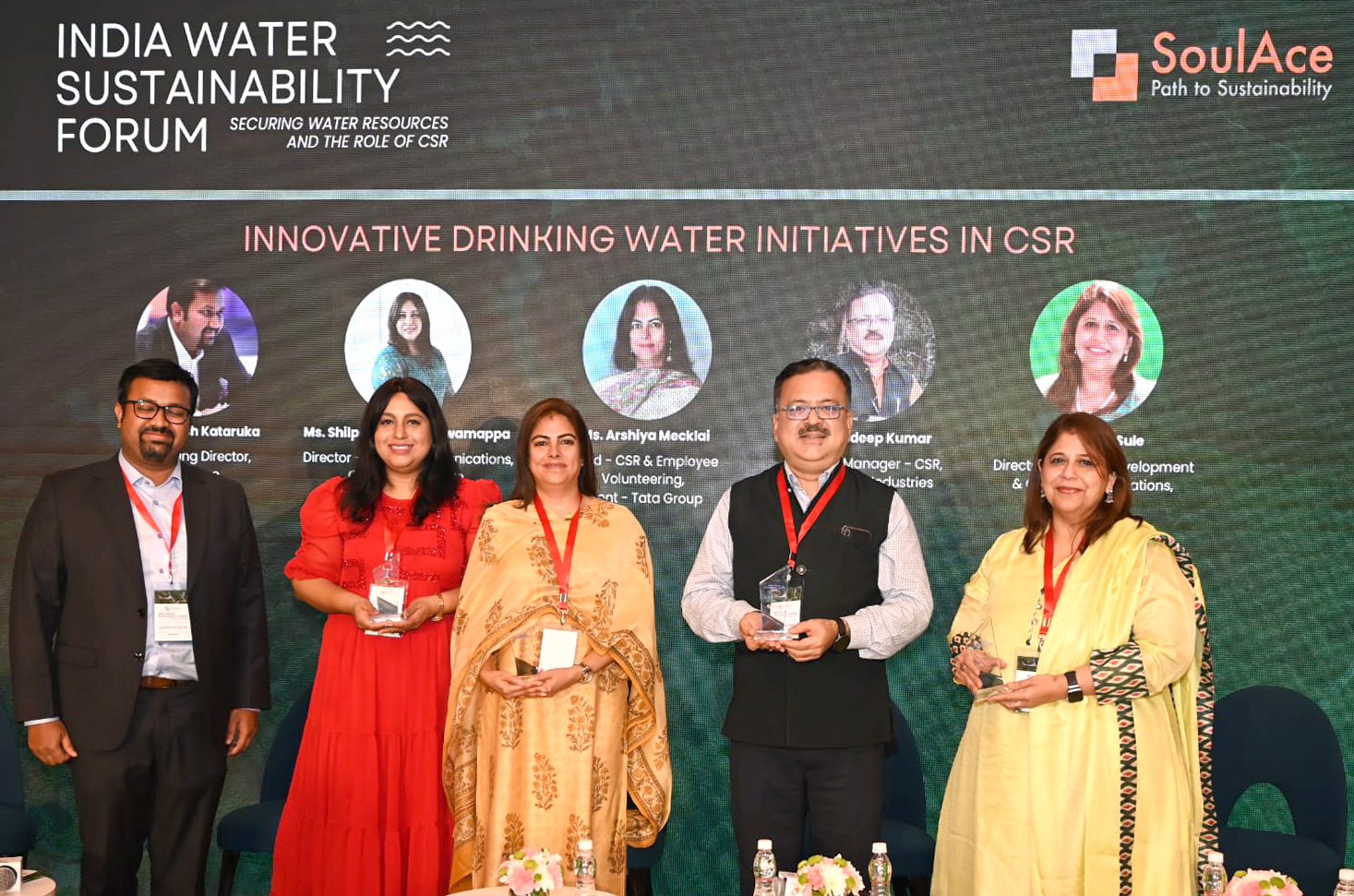
Senior CSR & ESG heads and professionals at some of India's leading organizations came together in Mumbai at the India Water Sustainability Forum to drive forward the agenda of water sustainability in India while addressing the critical intersection between corporate social responsibility and sustainable water resource management.

Senior CSR & ESG heads and professionals at some of India's leading organizations came together in Mumbai at the India Water Sustainability Forum to drive forward the agenda of water sustainability in India while addressing the critical intersection between corporate social responsibility and sustainable water resource management.

Today, many NGO workers like Shyamrao are providing relief materials to countless people at a huge personal risk to their life and health

The Ministry of Corporate Affairs' recent revisions to the corporate social responsibility guidelines, which makes CSR Impact Assessment mandatory,

Research by SoulAce reveals the positive impact of CSR initiatives in health by Indian businesses, covering over 100 impact assessment studies.